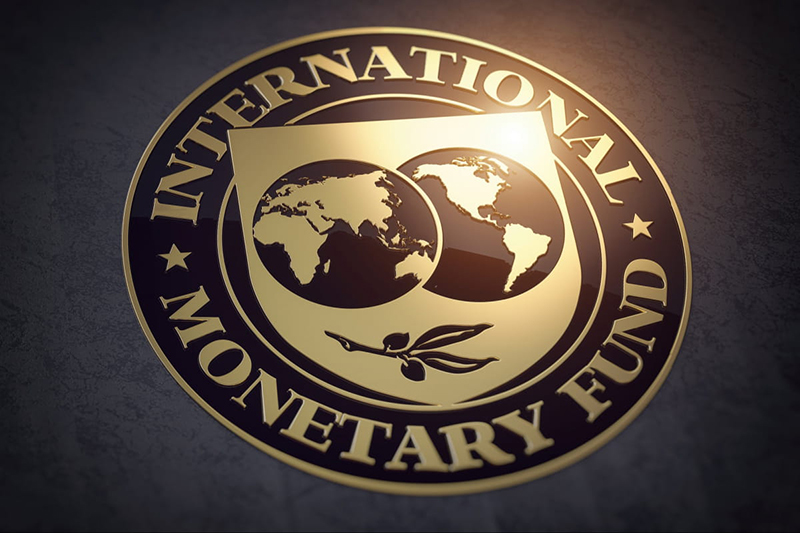IMF expects grain exports from Ukraine to decline

The International Monetary Fund expects Ukraine’s grain exports to decline due to low harvests and mined fields. According to its estimates, possible disruptions to the grain initiative, as well as EU import restrictions on Ukrainian products, could result in the country losing up to $800 million a month.
This is stated in an IMF document released on Friday based on the results of the first review of the Extended Fund Facility (EFF) program for Ukraine.
“Further disruptions in trade will affect GDP growth and exports, depending on their scale and duration. Grain exports are already expected to decline due to lower stocks and harvest, but the NBU estimates that the termination of the grain corridor will result in additional lost export revenues of USD 290 million per month,” the document says.
At the same time, according to the IMF, total exports of agricultural products amounted to about USD 2 billion per month since the beginning of this year and USD 2.3 billion per month in 2021.
According to the IMF, in the event of further import restrictions imposed by some EU countries, trade reorientation will be difficult even if transit remains possible. Thus, the negative impact on exports of grain and non-grain products will amount to about USD 170 million per month until mid-September and will increase further to USD 270 million per month if the restrictions continue when the new harvest begins to arrive.
In addition, there are risks associated with the need for additional storage or transportation capacities that are beyond Ukraine’s control, the Fund noted.
“If the import ban is extended and the grain corridor is disrupted, the combined effect with the corresponding logistical problems could lead to losses exceeding USD 800 million per month,” the Fund said.
Therefore, the priority in the short term is to strengthen and diversify trade channels, while long-term recovery will require solving the problem of demining farmland.
Any prolonged trade disruptions will be a heavy burden for farmers, the document says. About 90% of them suffered losses in 2022, although this was compensated by the Affordable Loans 5-7-9% program. However, recovery is unlikely in the short term due to lower harvests in 2022-2023. As a result, Ukrainian grain exports are expected to decline to 60% of pre-war levels by 2024.
In this regard, the Ministry of Agrarian Policy of Ukraine noted that farmers will cope with the disruptions by reducing the sown area by another 20-30%. In addition, the transition to other crops, such as rapeseed, soybeans, and sunflower, will accelerate. In return, farmers may need more financial support.
In this context, the IMF welcomed the EU’s recent decision to renew temporary trade liberalization for Ukraine until June 2024.
“However, given the risk of oversupply affecting producer prices in neighboring countries, efforts to strengthen trade channels should be intensified,” the Fund emphasized.
In the long term, recovery will also depend on labor-intensive demining efforts, as approximately 2.5 million hectares of farmland are to be inspected and cleared.
Read also
Wheat in Southern Brazil Impacted by Dry Weather and Frosts
Oilseed Industry. Leaders and Strategies in the Times of a Great Change
Black Sea & Danube Region: Oilseed and Vegoil Markets Within Ongoing Transfor...
Serbia. The drought will cause extremely high losses for farmers this year
2023/24 Safrinha Corn in Brazil 91% Harvested
Write to us
Our manager will contact you soon



